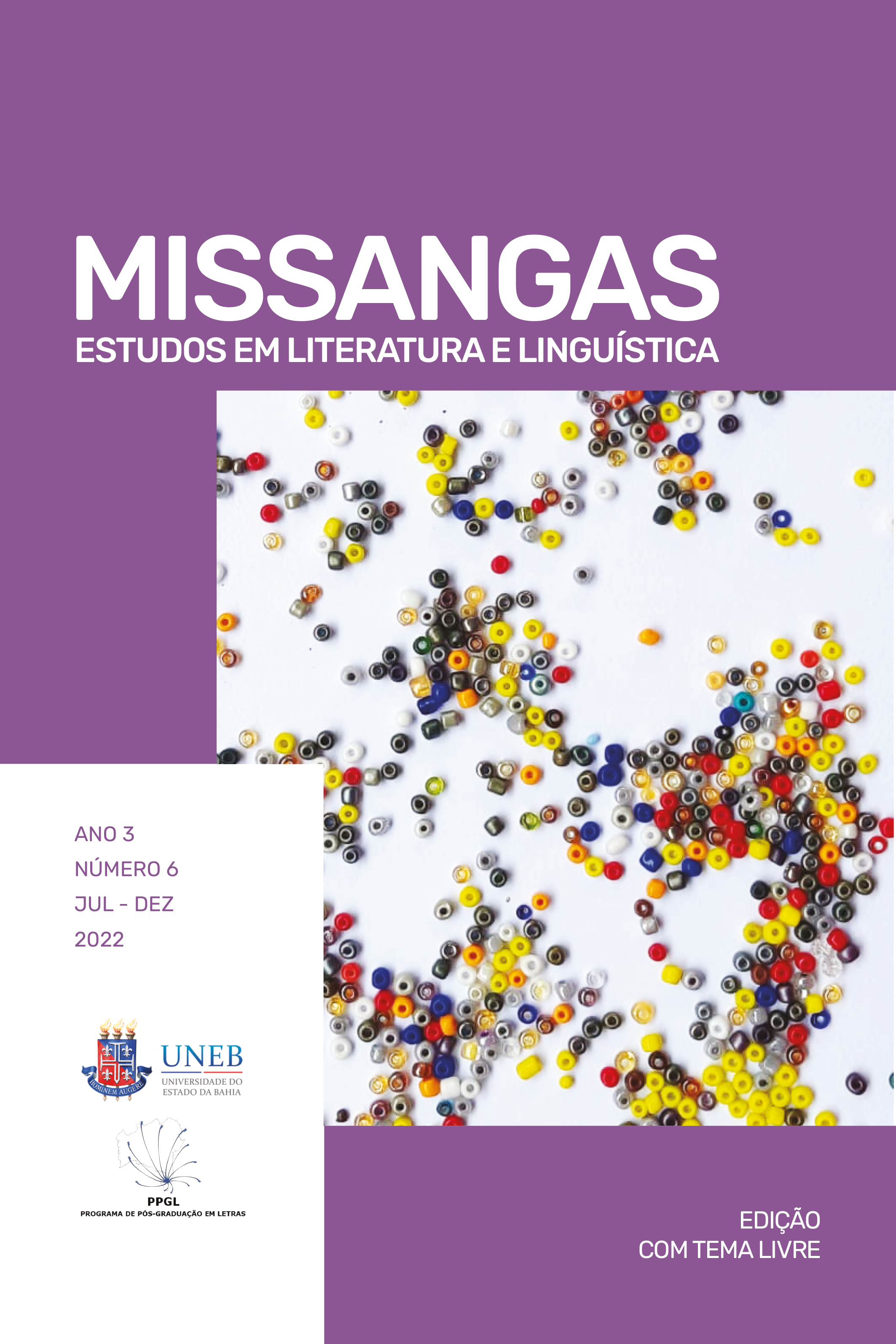Português
THE FUNCTION OF FANTASTIC REALISM IN LATIN AMERICAN LITERATURE AS BY EXAMPLE FROM THE WRITERS GABRIEL GARCÍA MÁRQUEZ AND JORGE AMADO
DOI:
https://doi.org/10.53500/missangas.v3i6.15337Keywords:
Literatura latino-americana; Realismo fantástico; Cultura; Misticismo.Abstract
Anchored on the theorical studies such as Selma Calasans Rodrigues (1988), Remo Ceserani (2006), Tzvetan Todorov (1970), Irlemar Chiampi (1980), Irène Bessière (1974) and the writer and reviewer, Jorge Luís Borges (1985), among others, it was ensued to analyze the link between fantastic literature and the possible reasons to the adoption of this gender by latin-american writers, specifically, on the works “The flock: The devil’s burial”, by Gabriel Garcia Márquez, and “The two deaths of Quincas Wateryell”, by Jorge Amado, having as an inicial hypothesis the fortification of the latin-american literature.
Downloads
References
BOSI, Alfredo. Literatura e resistência. São Paulo: Companhia das Letras, 2002.
BRANDINO, Luíza Agostinho. Gabriel Garcia Márquez. Disponível em: <https://mundoeducacao.uol.com.br/literatura/gabriel-garcia-marquez.htm>. Acesso em 06 julho 2022.
CÂNDIDO, Antônio. Uma visão latino-americana. In: Seminário Internacional, 9 a 13 de setembro de 1991; Literatura e história na América Latina. São Paulo: Editora da Universidade de São Paulo, 2001.
CESERANI, Remo. O fantástico. Trad. Nilton Cézar Tridapalli. Curitiba: Ed. UFPR, 2006.
GALEANO. Eduardo. As veias abertas da América Latina. 48. ed. Editora Paz e Terra. Rio de Janeiro: 2008.
LUCAS, Fábio. Plano, com epígrafe, de um estudo sobre a morte de Quincas Berro D’Água. In: MARTINS, José de Barros (org.). Jorge Amado: povo e terra. 40 anos de literatura. São Paulo, Martins, 1972.
MARQUEZ, Gabriel Garcia. A revoada: o enterro do diabo. [recurso eletrônico]. Trad. Joel Silveira. 1.ed. Rio de Janeiro, Record, 2019.
RODRIGUES, Selma Calasans. O fantástico. São Paulo: Ática, 1988.
Downloads
Published
Issue
Section
License
Os artigos publicados na revista Missangas são de inteira responsabilidade de seus autores e não refletem, necessariamente, o pensamento dos editores.


